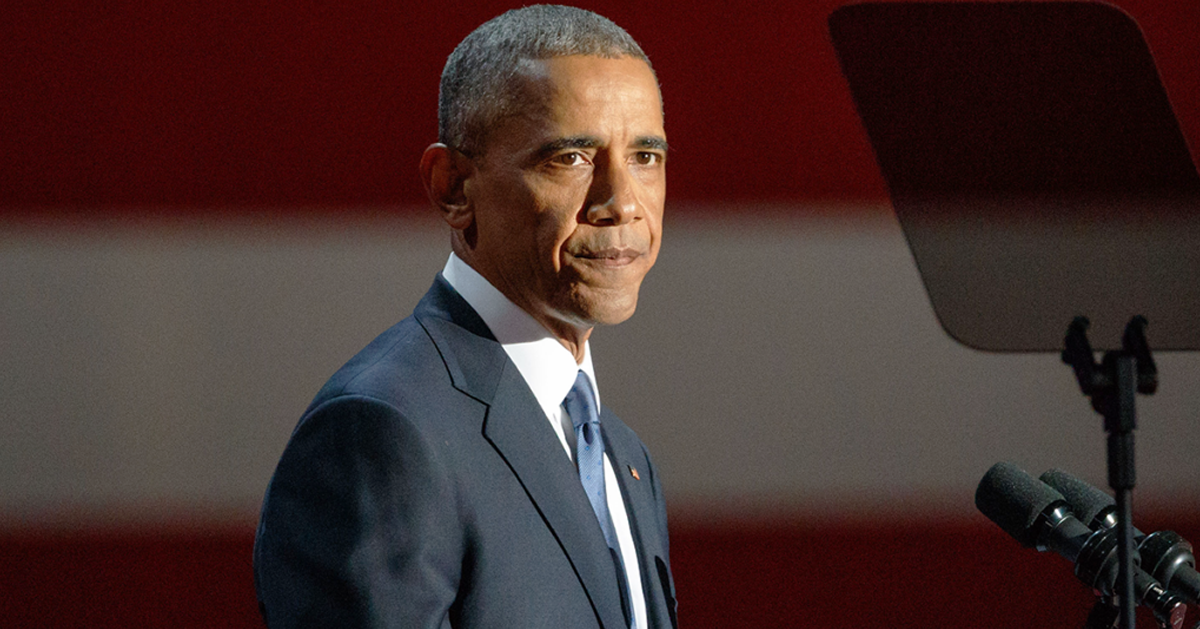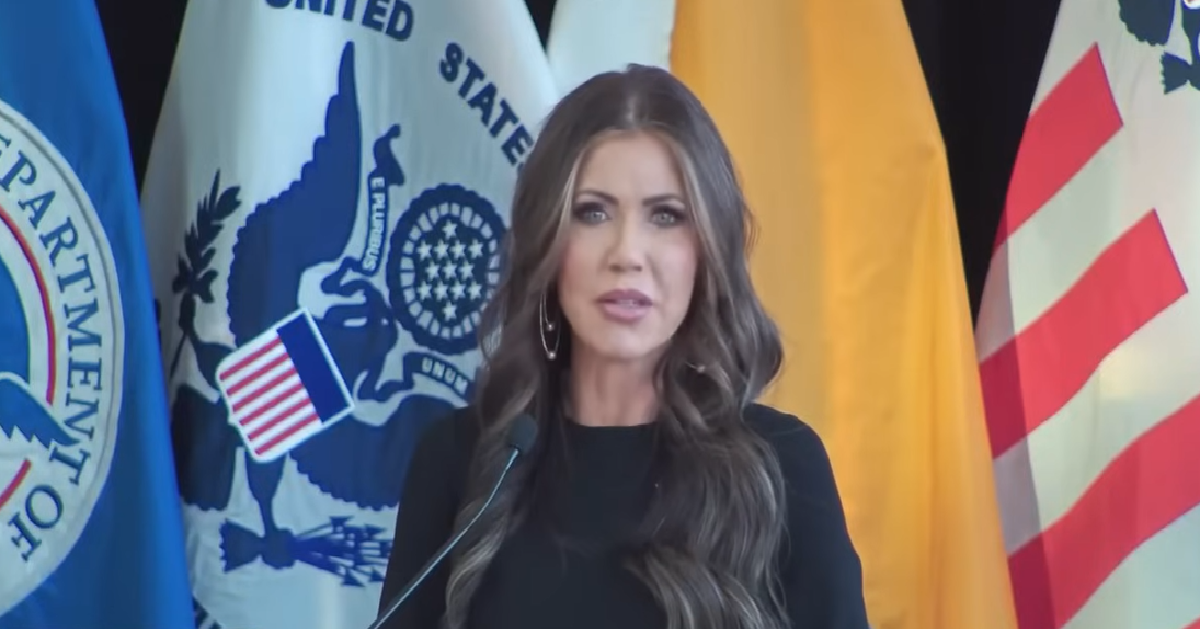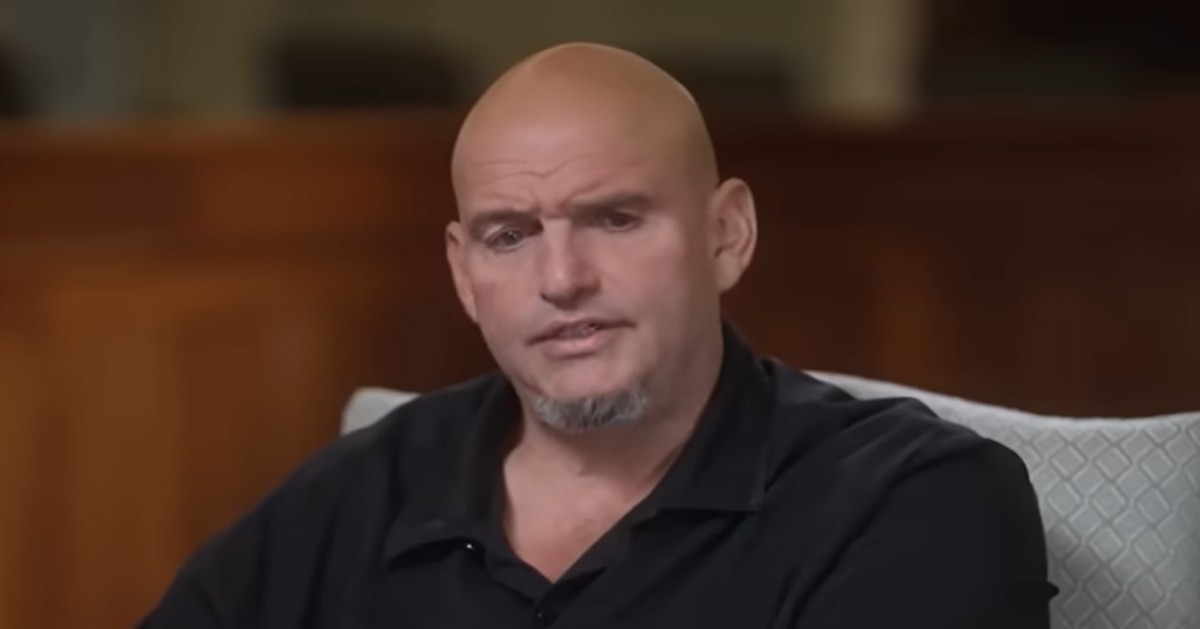Tied Supreme Court decision kills Oklahoma taxpayer-funded Catholic charter school
With a 4-4 vote, the Supreme Court ended a publicly funded Catholic private school in Oklahoma on Thursday.
Oklahoma's court decision that threw out a vote by a state charter school board to accept the St. Isidore of Seville Catholic Virtual School, which would have been the first religious charter school in the country, stands, as The Daily Caller reported.
The Court's Decision
The school case became one of the most carefully followed cases of the term and has come to a disappointing end with the court's one-sentence notification.
The Oklahoma Catholic Diocese had hoped that the state's public treasury would support a virtual charter school that adhered to "the teachings of Jesus Christ."
Those who were against it said that if approved, it would undermine the separation of religion and state, a tenet well loved, but not a part of the legal system.
It would also allegedly divert funding away from public schools, and potentially undermine the regulations that govern charter schools in nearly all states.
A Missing Vote
Out of the nine justices, only eight were involved in the case. Justice Amy Coney Barrett gave no reason for her absence, however she is close with and had taught alongside Nicole Garnett, a law professor who was part of the case.
The issue could come back before the high court, and it's possible that all nine justices may be involved.
It is standard practice for the court to withhold a detailed accounting of the votes. The school appeared to have the support of four conservative judges and the opposition of three liberals during last month's debate.
From the School's Opponents
The American Civil Liberties Union and Americans United for Separation of Church and State made their arguments against the school.
The groups, who had fought on behalf of parents and others who were against the school in a different lawsuit, were pleased with the decision because it would help keep public schools open.
“The very idea of a religious public school is a constitutional oxymoron. The Supreme Court’s ruling affirms that a religious school can’t be a public school and a public school can’t be religious,” said Daniel Mach, director of the ACLU’s Program on Freedom of Religion and Belief.
From The Right Side
On the other side, more right-leaning representatives of the groups asserted that a parent is better off with more options:
“Oklahoma parents and children are better off with more educational choices, not fewer. While the Supreme Court’s order is disappointing for educational freedom, the 4-4 decision does not set precedent, allowing the court to revisit this issue in the future,” said Jim Campbell, who argued the case at the high court on behalf of Oklahoma’s charter school board.
Campbell frequently appears in court on cases involving prominent social issues as the chief legal counsel for the conservative legal organization Alliance Defending Freedom.





